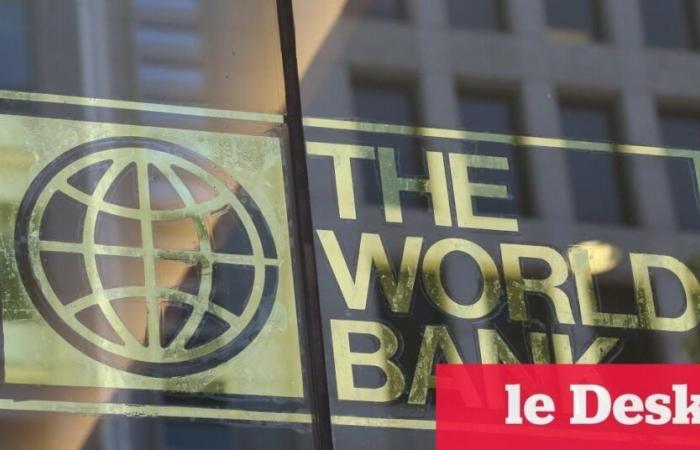The World Bank has approved financing of 250 million dollars (M$) to strengthen the resilience of the agri-food system in Morocco in the face of climate change, while improving food safety and quality.
« The new program aims to strengthen climate resilience and risk management in rain-fed agriculture by promoting climate-smart practices, and improving water and soil management through conservation agriculture », Indicates, in a press release, the international financial institution, based in Washington.
The program will further contribute to improving livelihoods and the quality of jobs by stabilizing yields, and mitigating climate risks, notably through the promotion of no-till agriculture and increasing the area covered by agricultural systems. reformed agricultural insurance, adds the same source.
This initiative will also strengthen food security, food quality and nutritional security by supporting the expansion of organic farming over 25,000 hectares, improving olive oil quality control, and mitigating food-related health risks at the distribution level thanks to the improvement of health standards in around 1,200 food outlets.
According to the World Bank, the program also aims to help farmers produce and market quality food, while increasing their income through better access to markets. It will also reduce food losses and waste, strengthen the capacities of the public and private sectors and raise awareness about nutritional security. In total, the program is expected to benefit 1.36 million people, including nearly 120,000 farmers and more than a million consumers, through improved food safety and nutrition.
« By supporting an ambitious scale-up of climate-smart agricultural practices, this innovative program supported by the World Bank will help Morocco create green jobs in rural areas and strengthen national food security, in line with the Generation Green 20202030 program. of the country “, said Ahmadou Moustapha Ndiaye, World Bank country director for the Maghreb and Malta.
A $5 million donation from the Liveable Planet Fund (LPF) will strategically strengthen the program, supporting small farmers, to implement an innovative system of decoupled incentives, facilitating their transition from conventional agricultural practices to climate-smart practices », Indicates the press release.
Crucial for Morocco’s economic growth, the agri-food sector represents 16% of gross domestic product and 19% of total exports in 2023. Its role is also determining in employment, with 67% of rural jobs and 36% of all jobs, including 30% in primary agriculture and 6% in agro-industry.
Faced with successive years of drought, production has declined significantly, particularly in the rainfed cereals sector, thus showing its fragility in the face of climatic risks. Essential for stable and sustainable development, with increased and more efficient production without impacting natural resources and controlling greenhouse gas emissions, the transformation of the food system therefore becomes essential.
©️ Copyright Pulse Media. All rights reserved.
Reproduction and distribution prohibited (photocopies, intranet, web, messaging, newsletters, monitoring tools) without written authorization.






